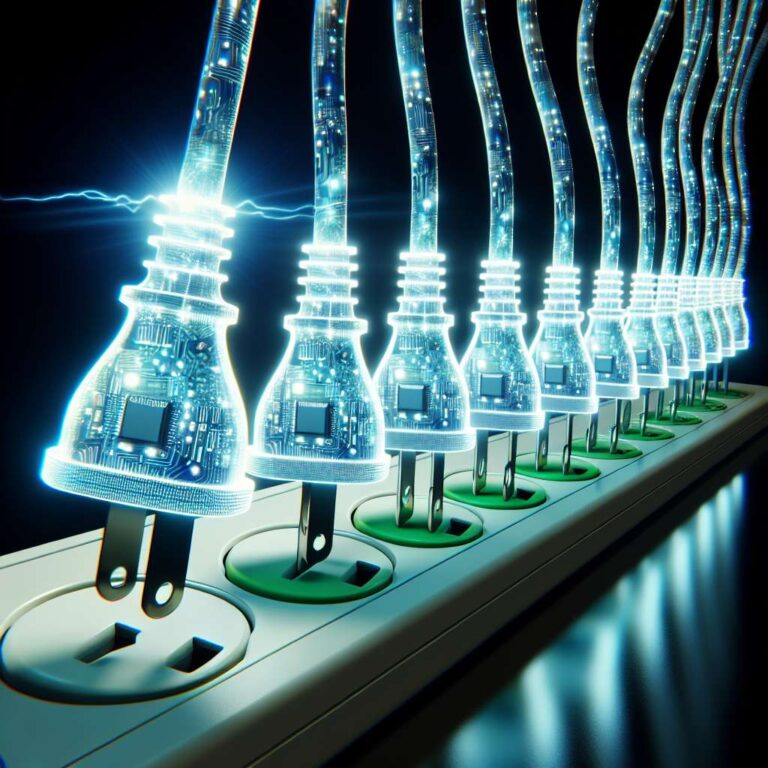Elon Musk has described the current technological epoch as the ´intelligence big bang,´ highlighting humanity´s entry into an era of unprecedented advancements driven by Artificial Intelligence. Speaking at xAI´s Grok 4 live demo event, Musk emphasized that this surge presents the most interesting chapter in history, with transformative breakthroughs happening at a pace never before seen. He further suggested that combining conversational systems like Grok with physical robotics, such as Optimus, could enable Artificial Intelligence to test ideas in the real world, formulating and verifying hypotheses autonomously.
Despite the optimism, Musk joined a chorus of experts and industry leaders raising significant concerns about the societal risks and existential threats posed by unchecked Artificial Intelligence development. Some, like safety researcher Roman Yampolskiy, predict catastrophic outcomes, estimating the probability of humanity’s end due to Artificial Intelligence as nearly certain absent radical restraint. Even Google DeepMind’s Demis Hassabis expressed unease about the arrival of artificial general intelligence, pointing to widespread unpreparedness. Musk, for his part, stresses the need to imbue Artificial Intelligence systems with truth-seeking and honorable values, likening their development to raising a super genius child capable of being guided but ultimately destined to surpass human oversight.
However, a practical bottleneck looms. Musk issued a stark warning that the rapid evolution of Artificial Intelligence could be stymied by an insufficient electricity supply. Projections indicate that, by 2030, energy demand from advanced Artificial Intelligence models may outstrip available global power resources. Studies cited have already shown that existing systems such as Microsoft Copilot and ChatGPT are on pace to consume energy on the scale of a small nation, with advanced iterations like GPT-3 and GPT-4 using dramatically more electricity and water than previously thought. As safety, ethical, and privacy dilemmas intensify, industry observers wonder if the race to Artificial Intelligence supremacy can continue without a fundamental reimagining of how the technology is powered and governed.

